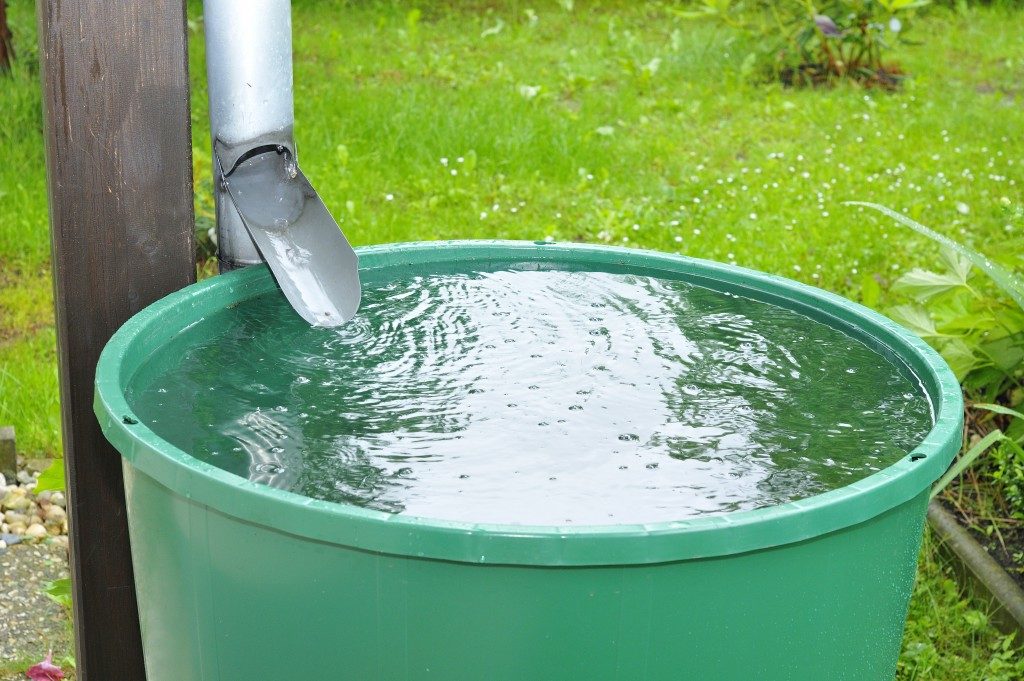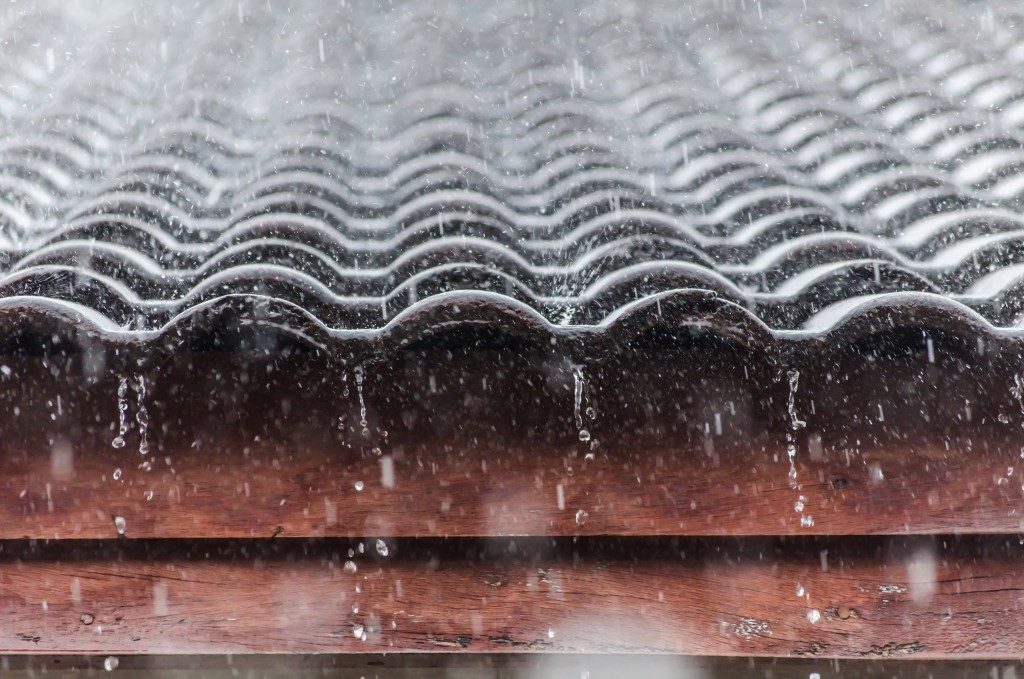The headlines scream it regularly. In only a few decades, we could run out of water. Prolonged dry spells are already occurring, and activists and world leaders alike are encouraging everyone to conserve water before it runs out.
It is true that many freshwater sources have dried up recently, and many parts of the world are beginning to experience more and more frequent water crises. In view of this, it is best to take steps to conserve water and ensure its sustainable use.
One solution, especially for houses in the countryside that are not connected to a water main, is to collect rainwater and reuse this for the household needs. Doing so is possible by installing a rainwater harvesting system to collect the water, storing the rainwater in a water tank, filtering the water, and then using Grundfos pumps to deliver the water to the house.
Reusing rainwater allows a household to have a sustainable source of water and not be wholly dependent on the main water supply. Though doing so comes with the upfront cost of the water harvesting system, as well as the costs involved in maintaining this, the benefits offered can outweigh the expenses involved.
Here are some reasons to implement the use of rainwater in your household:
Save on your water bills
By having an additional source of water that you can rely on for your daily needs, you no longer have to depend exclusively on a water main. In fact, it is possible for used rainwater to provide 100 percent of a household’s water needs. This will allow you to save greatly on your regular water bill, which is definitely a great help to anyone.
Furthermore, having your own source of water means you need not be at the mercy of water companies when they impose restrictions. Instead, you have your own water source that can serve you just as well, if not better.

Help mitigate flooding
By harvesting and collecting the rainwater that otherwise would have been spilled out onto the streets, using rainwater can help prevent or mitigate flooding. This is especially helpful if you live in an area where heavy rains or hurricanes are common occurrences, or in lowlands where rivers and creeks are prone to overflowing. Instead of having the rainwater cause even more problems for yourself and your neighbors, you can be part of the solution by helping decrease stormwater runoff, which will definitely aid in reducing water levels.
Protect the natural environment
If you are a lover of nature, then reusing rainwater is a perfect choice. For one thing, this water can be used to help you cultivate and maintain a natural garden.
Using rainwater is also a very sustainable option. First, it reduces the need for dams or desalination plants. These structures are costly to build and can disrupt the local ecosystem, which can have negative environmental effects and even deadly consequences, as history is witness to the many dam bursts that have occurred.
By decreasing the dependence on and need for external water sources, this in turn reduces the demand for new dams to be built. Moreover, this also results in the natural environmental flows of rivers being protected and undisrupted. This is beneficial for marine life in the river, and also for the local environment as a whole.
